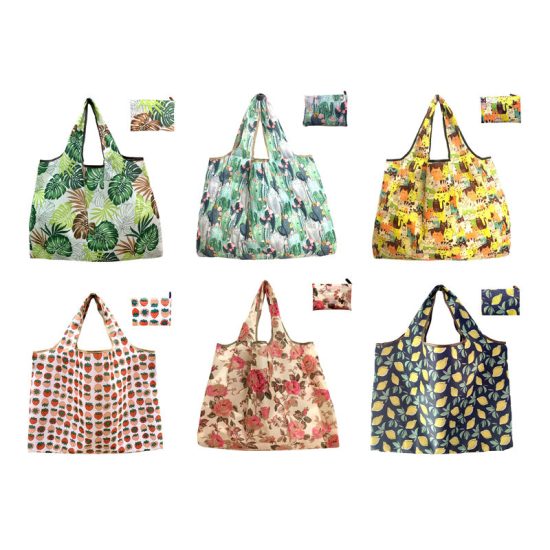Production: Cotton bags require more resources to produce than plastic bags. Cotton is a crop that requires water, land, and energy to grow and process. Plastic bags, on the other hand, are made from oil and require less water and energy to produce.
Durability: Cotton bags are more durable than plastic bags and can be reused many times. This means that fewer bags need to be produced and disposed of over time. Plastic bags, on the other hand, are often used once and then discarded.
Disposal: Both cotton and plastic bags can have negative environmental impacts when they are not disposed of properly. Plastic bags are a major source of litter and can harm wildlife when they are ingested or entangled. Cotton bags, on the other hand, can also have negative impacts when they are not disposed of properly. If they are sent to landfill, they can contribute to methane emissions, a potent greenhouse gas.
Overall, cotton bags have a higher environmental impact during production than plastic bags, but they can be reused many times and have a lower impact over their lifespan. Plastic bags have a lower impact during production but are often used once and discarded, contributing to litter and pollution. To reduce the environmental impact of both types of bags, it’s important to reuse them as much as possible and to dispose of them properly.



